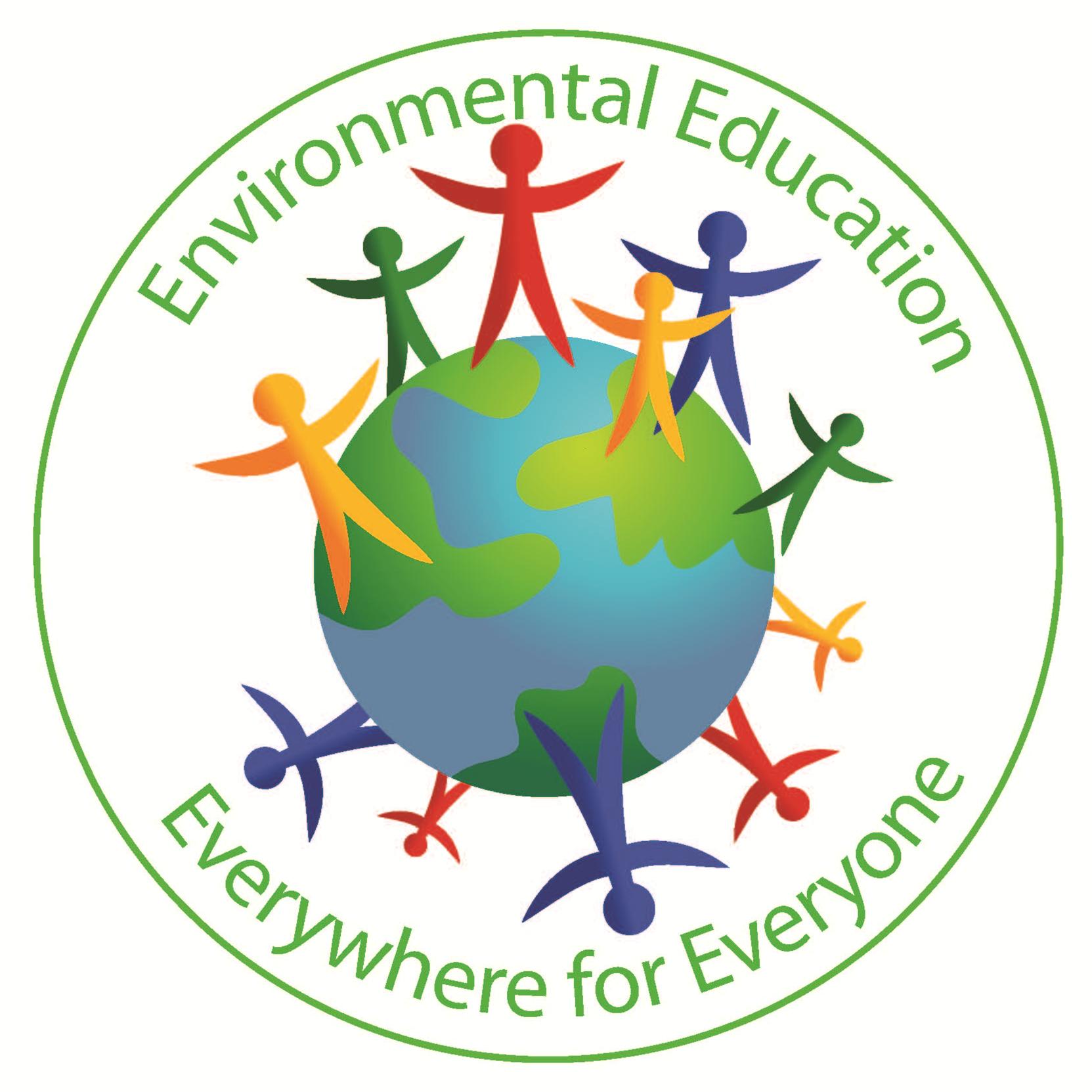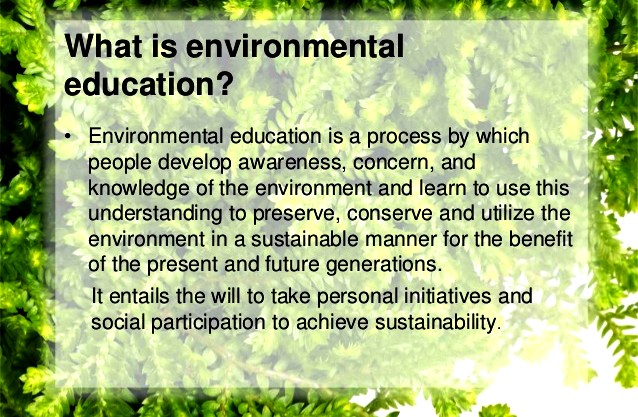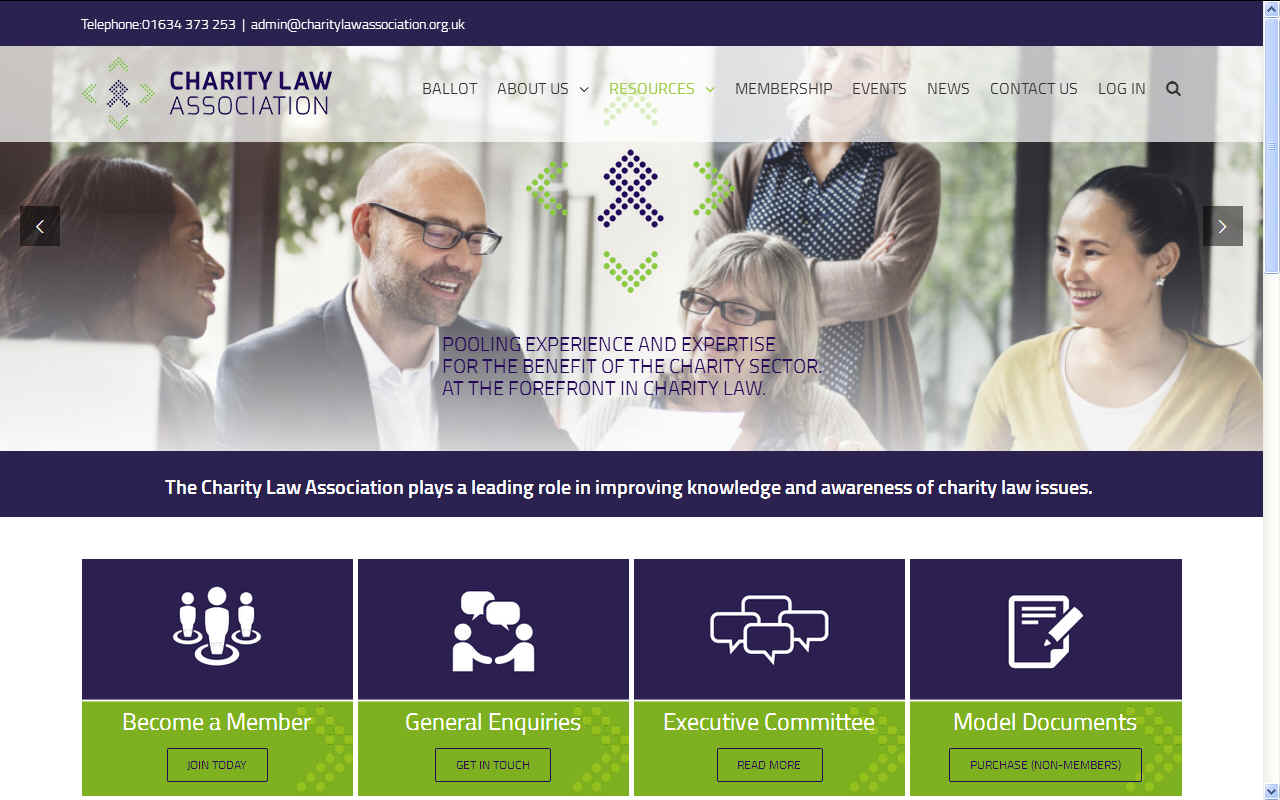|
EDUCATIONAL RESOURCE
ABOUT - ACT - ADVOCACY - APPEALS - CONTACTS - DONATE - EDUCATION - FOUNDATION - OBJECTIVES - OBJECTS - POLITICS - HOME - A-Z INDEX
Environmental education (EE) refers to efforts to teach how natural environments function, and particularly, how human beings can manage behavior and ecosystems to live sustainably. It is a multi-disciplinary field integrating disciplines such as biology, chemistry, physics, ecology, earth science, atmospheric science, mathematics, and geography. The term often implies education within the school system, from primary to post-secondary. However, it also includes other efforts to educate the public and other audiences, including print materials, websites, media campaigns, etc.
The 'Cleaner Ocean Foundation' (COF) is a not-for-profit company (charity) without share capital that is dedicated to ocean conservation, the use of renewable energy and climate change as it affects ocean chemistry. The Foundation is concerned with the advancement of education and knowledge sharing generally for educational purposes by example and by providing information of such examples and research in a way that is structured with indexes and is search engine aware, such that the public may access information on the research projects that our charity engages in, to include articles on similar technology that is being researched and developed by third parties as the state of the art at specific points in time and advances as they take place.
WHAT
IS EDUCATION ?
Similarly, education might commonly be taken to mean the systematic instruction, schooling or training of children and young people, or, by extension, instruction of adults; and the
development of mental or physical powers; and the moulding of (some aspect of) character. In the context of maintained
schools and
education that the State considers should be funded, the Education Act 2002 (s.78) establishes that such education should be balanced and broadly based and:
But what of educating the public when they do not want to learn, do not know about a problem and would otherwise not come into contact with a subject that if they did know about as issue the majority would begin to think about changing the lifestyles for the benefit of their fellow man and for the benefit of their children.
SMOKING
Take smoking as an example. The public were influenced by films to smoke. In many old movies their heroes would strike a match, or deftly flick a cigarette lighter and puff cigarette smoke nonchalantly into the air as a character trait that they equated with their heroes on screen and so wished to emulate.
In effect, those old films were sending out a signal that smoking was good for them - and was socially acceptable. Whereas smoking today is seen as a sign of emotional insecurity and is socially unacceptable. If the public had known that they stood a high chance of developing cancer from pounding their body with toxins (carcinogens) the Foundation feel sure that many people would not have died needlessly from smoking. How then to inform (educate) a greater audience.
If there had been an enlightened organisation that operated an awareness campaign early on, at a time where the cigarette manufacturers were in denial of the harm they were causing to the inhaling population, we feel that the warnings as to health and laws against smoking in public places would have been enacted sooner. Millions of lives could have been saved from the ravages of cancer. Those affected could have enjoyed a longer and healthier life and not burdened organisations like the National Health Service, save only for ordinary problems associated with ageing.
Cigarette makers paid actors to push their brands, with advertising showing pictures of rugged cowboys and seductive glamour models enjoying a cigarette. They were in effect sending out signals via the newest forms of advertising, that smoking was not only good for them but also increased their social standing and was cool.
The Government embarked on "in your face" advertising campaigns to warn people that cigarette smoking damages your health. Our Foundation does not have that kind of state backed financial muscle, in any event it is early days yet as to proofs of toxins from plastic affecting humans in terms of avoidable disease.
CLIMATE CHANGE
Education extends past the classroom into the political arena, where climate change is concerned. Just as with smoking, climate change was denied by the oil producers and the makers of cars propelled by diesel and petrol internal combustion engines. When our Foundation first started promoting electric cars many years ago (as Max Energy), they were in their infancy. Today with marches and embedded messages in umpteen films, supporting the scientific conclusions as to global warming, we now have climate change on the United Nations agendas.
We believe that political lobbying is a form of educational activity that is designed to influence cross party policies rather than support any political party. By campaigning to bring harmful practices to the attention of those able to bring about changes in the law, any group that consistently pushes a message that some people might ignore where it hurts their careers - even if it is true - is capable of being seen as educational, by way of the moral guidance such activism carries with it. Even so, with all that is at stake, from the first COP in 1995 to the latest COP 24 in 2018, we are still burning fossil fuels like there is no tomorrow. The point being that there could be no tomorrow if we carry on as we are, melting the ice caps with our human industrial activities. This year 50 companies sent an open letter calling for more UN member action.
The efforts of all those engaged in awareness campaigns have shown that the current state of knowledge has been increased by the efforts of the few, in seeking to educate the voting public, without pushing any political-parties point of view, only the science of the issues that affect every person on planet earth.
PLASTIC POLLUTION
The same might be said of plastic pollution. It is all very well educating children and students in the conventional way in schools when they want to learn and advance themselves, and their teachers are there to help them do so. But what about those who do not want to engage with academia. Those are the significant proportion of the population that other forms of educational activities such as those that they might encounter in their ordinary lives would learn about the issues that may help eradicate careless littering.
WHAT
DOES IT MEAN TO ‘ADVANCE’ EDUCATION ?
With this in mind, the awareness campaigns that the Foundation is planning to operate are designed to engage the audience so that further enquiries into the state of the art are inevitable. This may be achieved in many ways. The point here is to link the activities to our websites where the messages imparted in the campaigns will be backed up by further learning on the subject, even where the members of the public might not otherwise have been willing to engage.
Such
campaigns are designed to be cost effective and longer lasting
than television or other advertising campaigns, such as that
with smoking. We believe that sales of petrol and plastic
bottles should carry the appropriate Government Health
Warnings. That happy state of affairs is unlikely to happen
concerning fossil fueled cars or single use plastic packaging
for foods.
LIBRARIES
The provision of factual information in a library is capable of being education because, in that case, the information forms part of a structured arrangement of accessible resources for broader educational activities.
For this reason our Foundation go out of their way to give both sides of the argument, or to present the views of the media, where the media are also bound to provide balanced reporting. Thus, we are companioning campaigning for change with awareness of the subject matter, such that any reasonable person might make up their own mind on the subjects at hand, rather than have one point of view forced on them. It is all about choice and informed choices. We aim to inform to enable people to make informed choices, taking into account the researches and publications of hundreds of learned institutions across the globe.
Promoting a specific point of view may be a way of furthering another charitable aim, but it would not be education.
For example, persuading people of the health benefits of a particular diet might not be education, but it could be a way of advancing health and a charity with that aim would be entitled to do this.
Where our Foundation is concerned with conservation of the natural world in tackling pollution, we believe that we are doing the right thing in presenting information by way of reference to scientific and media reports in our general index of subjects, and also to lobby to draw attention to these issues. That is why we do not exclusively promote SeaVax, but rather SeaVax like concepts, including Boyan Slat, the Seabin and several other projects aimed at collecting plastic at sea, also including beach cleaning efforts and policies such as plastic bans, lately the subject of European legislation - that are of course nothing to do with the Foundation - but are simply giving examples of third party efforts to combat pollution.
RELIGION
In the case of schools that provide education within a religious ethos, the education is advanced within the framework of a particular religion. This is often as much about operating in accordance with particular cultural and religious customs and traditions as it is about providing religious instruction. This does not necessarily mean that the education they provide is not balanced and neutral. The education provided at such schools must meet any prescribed education standards for it to be shown that it is of educational merit, as would be the case for other schools. In addition, the school might also have a secondary aim to advance religion, which complements its advancement of education aim.
EE is the teaching of individuals, and communities, in transitioning to a society that is knowledgeable of the environment and its associated problems, aware of the solutions to these problems, and motivated to solve them. The United Nations Educational, Scientific and Cultural Organisation (UNESCO) states that EE is vital in imparting an inherent respect for nature amongst society and in enhancing public environmental awareness. UNESCO emphasises the role of EE in safeguarding future global developments of societal quality of life (QOL), through the protection of the environment, eradication of poverty, minimization of inequalities and insurance of sustainable development (UNESCO, 2014a).
In what ways can education be
advanced ?
What should charities whose aims include advancing education consider when drafting what they do as a charitable aim?
A charity’s aims are usually found in the objects clause of its governing documents, which should adequately and fully express what the organisation is set up to do. All of a charity’s aims should be set out in its objects clause.
The aims are essential when considering the public benefit of any charitable organisation because: • each of a charity’s aims must be for the public benefit;
• only benefits that arise from carrying out those aims can be taken into consideration; and
• the beneficiaries must be appropriate to the aims.
It can sometimes be difficult to word the objects clause as a charitable aim in the way that the law recognises as charitable. An incorrectly worded objects clause, or an objects clause that does not correctly express the organisation’s aims might not only cause problems when registering the organisation, it can also lead to difficulties when assessing the organisation’s public benefit.
LIBRARIES & DATABASES
It is not necessary for the organisation to show that
the way it advances education is the most effective way, but only that it is capable of being an effective
way.
ANNUAL REPORTS
Charity trustees have a new duty to report in their Trustees’ Annual Report on their charity’s public benefit. Most charities already explain their activities in their Trustees’ Annual Report. This information must now be set in the context of the charity’s aims to show how in practice the aims have been carried out for the public benefit. The Foundation is not yet a registered charity and so has not set out how the organisation has or intends to carry out their work for the public benefit.
Should registration follow any application for registration, the Foundation will be more than pleased to publish such Reports.
CHANGES TO ORGANIZATIONAL STRUCTURE
Where changes are needed: it may be that in some cases, changes will have to be made to an organisation to enable it to meet the public benefit requirement. Where that needs to happen, the Commission say they will advise the trustees on why they consider it does not meet the public benefit requirement, and give clear reasons and advice on what happens next where it is not possible for the organisation to meet the requirement.
No charity will be expected to make changes overnight. The Charity Commission will take reasonable account of how much time and resources might be needed by a charity that needs to make changes in order to meet the requirement.
Where the parties agree to disagree, there is nothing to prevent any organisation from abandoning the concept of a charity and continuing with their activities without the burdens of a registered charity. This might be acceptable even where an organisation has objectives that the general public might view as charitable, but for technical reasons, such an organisation might be un-registrable.
An alternative might be to wind down any existing structure and consider a Trust or ordinary company with shares, but having no shares issued, or just the minimum requirement for registration issued, and then to trade at a loss. We understand that this was the case with Bluebird Marine Systems Ltd between 2016 and 2017, having ceased trading to prevent additional liability that would become uncontainable.
It would be unfortunate if the rules that govern charitable organisations, tend to work against the effective operation of such charitable enterprises. In such cases the regulations would appear to be counterproductive, in that they might actually prevent human advancement.
APPEALS PROCESS
Disagreeing with a Commission decision: where the Commission make a public benefit decision which affects whether a charity remains as a charity, or on whether the way in which it operates is for the public benefit, the charity, or anyone affected by a Commission decision, who disagrees with the regulatory action that they take, may ask the Commission to review the decision under their internal review procedures.
Be warned that guidance on those procedures is hard to find on their website. Alternatively, or after a fresh decision has been made in a decision review, a decision can be challenged by referral to a Tribunal, if they are a person entitled to appeal and the decision falls within the schedule of decisions that can be challenged in that way or, if not, potentially by way of judicial review to the Administrative Court. Clearly, this is not an option for most concerns, and there is no legal aid for such challenges, the British Government having withdrawn financial support for litigation under Article 6 of the Human Rights Act 1998, even where it is in the interests of justice. These are austerity measures where the UK economy has been run for years on borrowings, regardless as to reasonable repayments. Hence our National Debt.
The Commission claim that by working constructively with charity trustees and undertaking extensive public consultation on their public benefit guidance, they anticipate that such circumstances would be rare.
Having seen the list of appeals in progress on the Commission website, we have to say that is a blinkered appraisal to say the least. Take a look for yourself and let us know what you think?
GOVERNING STATUTE: CHARITIES ACT 2011
ADDITIONAL GUIDANCE
We refer
our trustees and any reader with an interest in charitable
operations to the official government guidance ‘Research by higher education institutions’ which explains when research will, and will not, be charitable, and what are private benefits, and when they are acceptable in furtherance of a main charitable aim. This can be accessed on
the Commission's website here:
CHARITY LAW - If you need independent advice about charity law the Charity Law Association may be able to help.
This website is provided on a free basis as a public information service. copyright © Cleaner Oceans Foundation Ltd (COFL) (Company No: 4674774) 2019. Solar Studios, BN271RF, United Kingdom. COFL is a charity without share capital.
|


